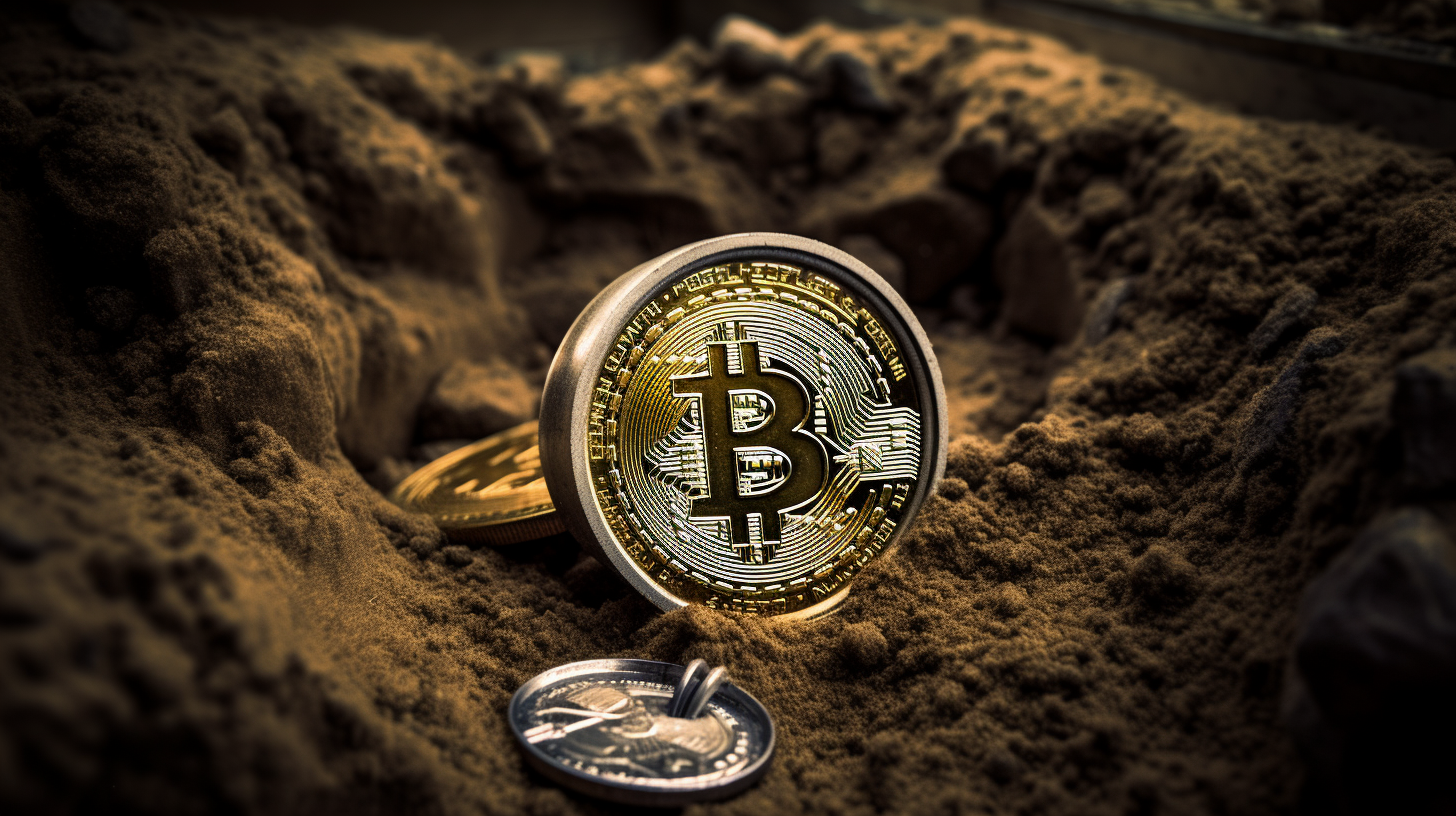The rise of Decentralized Autonomous Organizations (DAOs) is one of the most exciting by-products of blockchain technology. Paving the way for a new era of organizational structure, DAOs hold the promise of democratizing decision-making and redefining corporate governance. Yet, behind the shimmering facade of decentralization, several controversies simmer beneath the surface like a crypto-volcano waiting to erupt.
Shadows in Utopia
At first glance, DAOs epitomize the dream of decentralization—everyone has a voice, every token equals a vote. But delve a little deeper, and the utopian sheen is smudged by discord and discrepancy. Much like the traditional systems they seek to replace, some DAOs have become battlegrounds for control and influence.
Instances of ‘crypto whales’—individuals or entities holding massive amounts of tokens—influencing decisions are not unheard of. This concentration of power has led to an irony that’s as rich as the prize pool of a high-stakes blockchain lottery.
Egalitarianism vs. Realpolitik
The debates raging within crypto circles often revolve around finding the balance between egalitarian principles touted by blockchain enthusiasts and the realpolitik of token ownership. While innovations like quadratic voting and delegated voting aim to dilute the influence of the colossal coin carriers, detractors argue that they simply add layers of complexity to what should be a straightforward process.
Complexity notwithstanding, these proposed solutions are testaments to the undying spirit of innovation that fuels the crypto-sphere. Those in favor of such mechanisms challenge the crypto community to evolve, to reforge their digital democracies so they may better resist the age-old encroachments of centralization.
Reputation and the Stakes of Influence
The concept of reputation systems has surfaced as a potential equalizer, amplifying the voices of contributors based on more than just their fiscal heft. However, one must ponder about designing such systems without inviting bias or manipulation. Can merit truly be measured in a realm where anonymity is often a creed?
Proponents of reputation-based influence argue that commitment and consistent contributions to a DAO should bear more weight than deep pockets. Critics, however, caution against the slippery slope where reputation calculation may become as arbitrary as the whims of the markets.
Liquid Democracy: A Blender of Ideals?
Building on the notion of dynamic democratic participation is the concept of ‘liquid democracy’. An amalgam of direct and representative democracy, it allows participants to delegate their voting rights to others, who may be more knowledgeable on certain matters. While it marries the flexibility of trust-based decision delegation with the granular control of direct voting, some raise an eyebrow at the potential erosion of personal responsibility and the rise of proxy power brokers.
The exploration doesn’t end with mere musings or academic debate—the real-world applications, trials, and errors within DAOs are where theories are put through the gauntlet. Examples abound of DAOs experimenting with these new forms of governance, grappling with their implementation, and iterating through their governance models in pursuit of a truly decentralized nirvana.
From Controversies to Coalitions
The controversies associated with DAOs are not sterile cul-de-sacs of criticism; rather, they are fertile ground for growth and innovation. As the ecosystem matures, so too does the recognition that the power of the collective can be harnessed to nurture a more inclusive and democratic digital economy.
Yet, as we unearth the layers of DAO controversies, it becomes evident that the path to a decentralized promised land is fraught with the old-world hurdles of power, persuasion, and politics. The question remains whether the fervor of blockchain believers and the ingenuity of developers can pave over these potholes on the road to an equitable digital future.
Are we just witnessing the teething problems of a nascent technology, or are these debates indicative of a fundamental contradiction within the philosophy of decentralization? One thing is certain—scratching beneath the crypto-surface reveals a narrative as complex and compelling as the technology itself. So, let’s keep our digital shovels ready, as the terrain of DAOs continues to shift beneath our feet.
